Colchicine is a well-known medication primarily used to treat gout and familial Mediterranean fever (FMF). Its roots trace back to ancient times when it was extracted from the autumn crocus (Colchicum autumnale) plant for medicinal purposes. Today, colchicine is a potent medication with specific uses, benefits, and precautions that patients need to be aware of. Here’s an in-depth look at colchicine, and Foods to avoid when taking Colchicine.
What is Colchicine and How does Colchicine work?
Colchicine is an anti-inflammatory drug that reduces the inflammatory response to urate crystals deposited in the joints, which is the primary cause of gout attacks. It is also effective in managing familial Mediterranean fever, a genetic disorder characterized by recurrent episodes of fever and inflammation.
Colchicine interferes with the activity of white blood cells and causes inflammation in response to urate crystals in gout or other inflammatory triggers in FMF. By inhibiting these cells, colchicine helps reduce pain, swelling, and inflammation, relieving symptoms.
What can you eat while taking Colchicine?
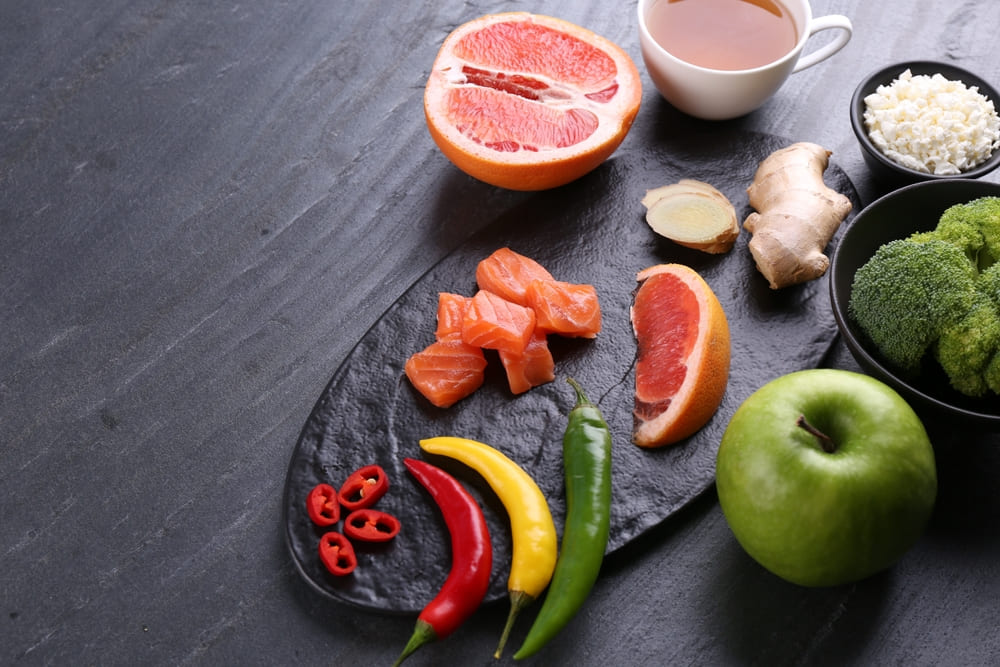
Low-Purine Foods:
Since high-purine foods can increase uric acid levels and trigger gout attacks, it’s best to opt for low-purine foods:
- Fruits: Cherries, strawberries, blueberries, and other fruits are rich in antioxidants and can help reduce inflammation.
- Vegetables: Most vegetables are low in purines and high in fiber, vitamins, and minerals. Leafy greens, bell peppers, carrots, and cucumbers are great choices.
- Whole Grains: Brown rice, oats, quinoa, and whole wheat products are low in purines and provide essential nutrients.
- Dairy: Low-fat and non-fat dairy products like milk, yogurt, and cheese can help lower uric acid levels.
- Legumes: Beans, lentils, and chickpeas are good sources of protein and fiber while being low in purines.
- Nuts and Seeds: Almonds, walnuts, flaxseeds, and chia seeds are nutritious options that are low in purines.
Lean Proteins:
Choose lean protein sources to maintain a healthy diet without increasing uric acid levels:
- Poultry: Turkey and chicken make excellent sources of lean protein.
- Fish: While some fish are high in purines, salmon, trout, and tuna in moderation can be included.
- Eggs: Eggs are a versatile and low-purine protein option.
Hydrating Foods and Beverages:
Staying hydrated is crucial for managing gout and supporting overall health:
- Water: Drink plenty of water throughout the day to help flush uric acid from your system.
- Herbal Teas: Teas like chamomile, peppermint, and ginger can be soothing and hydrating.
- Fruits and Vegetables with High Water Content: Cucumbers, watermelon, and celery are excellent hydrating options.
Anti-Inflammatory Foods:
Incorporate foods that help reduce inflammation to complement colchicine’s effects:
- Omega-3 Fatty Acids: Found in fatty fish (like salmon), flaxseeds, and walnuts, omega-3s can help reduce inflammation.
- Spices and Herbs: Turmeric, ginger, and garlic have anti-inflammatory properties and can add flavor to your meals.
Foods to avoid when taking Colchicine:
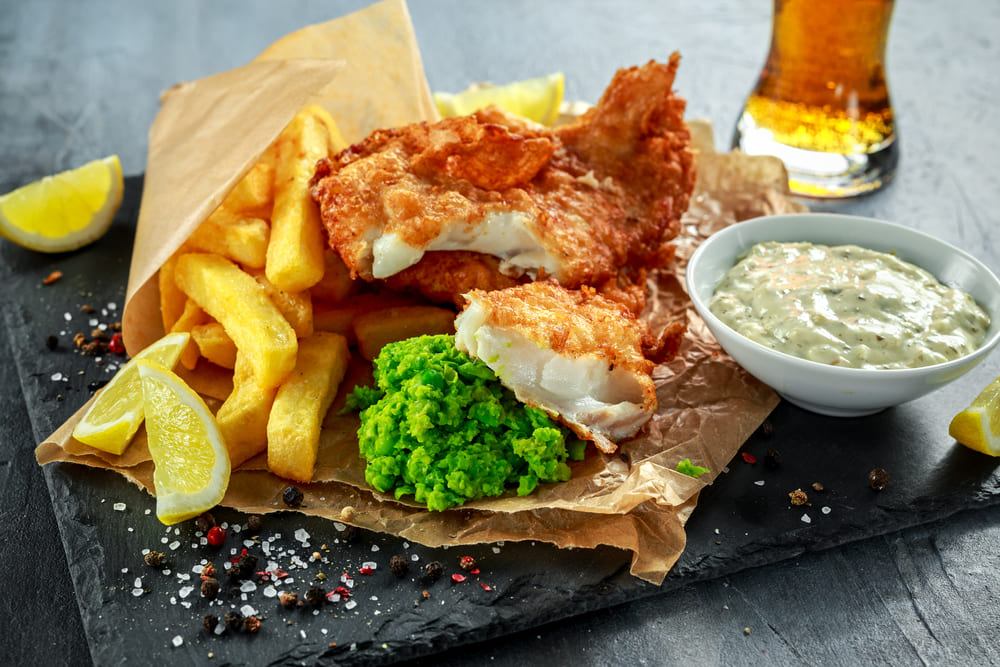
Here’s a comprehensive guide on what to avoid while taking colchicine.
Grapefruit and Grapefruit Juice:
Grapefruit and its juice can interfere with the metabolism of colchicine, leading to increased levels of the drug in your bloodstream. This can heighten the risk of colchicine toxicity, which can be dangerous. Therefore, Grapes are the foods to avoid when taking Colchicine.
Alcohol:
Alcohol can increase the risk of gastrointestinal side effects associated with colchicine, such as nausea, vomiting, and diarrhea. Additionally, alcohol consumption can elevate uric acid levels, potentially triggering gout attacks. Limiting or avoiding alcohol intake is advisable when taking colchicine. It does not fall in the category of foods to avoid when taking Colchicine but it is generally avoided in all medication regimes.
High-Purine Foods:
Purines are substances found in certain foods that your body breaks down into uric acid. High levels of uric acid can lead to gout attacks, which colchicine is often used to treat and are the foods to avoid while taking Colchicine.
To minimize the risk of flare-ups, avoid high-purine foods, including:
- Red Meat: Beef, lamb, and pork are high in purines.
- Organ Meats: Liver, kidneys, and other organ meats should be avoided.
- Shellfish: Shrimp, crab, lobster, and other shellfish contain high levels of purines.
- Certain Fish: Sardines, anchovies, mackerel, and other oily fish are best avoided.
Sugary Foods and Beverages:
A diet high in sugar can increase uric acid levels and contribute to gout attacks. It’s wise to cut back on the foods to avoid when taking Colchicine mentioned below:
- Sugary Drinks: Sodas, fruit juices, and other sugary beverages.
- Desserts: Cakes, cookies, candies, and other sweets.
- Snacks: Sugary snacks and processed foods with high sugar content.
High-Fat Foods:
High-fat foods can also increase uric acid levels and exacerbate gout symptoms and fall under Foods to avoid when taking Colchicine. These include:
- Fried Foods: French fries, fried chicken, and other deep-fried items.
- Full-Fat Dairy Products: Whole milk, cheese, and butter.
- Processed Snacks: Chips, crackers, and other high-fat processed snacks.
Caffeinated Beverages:
While moderate caffeine intake is generally safe, excessive consumption can lead to dehydration, which may worsen gout symptoms. Aim to limit:
- Coffee
- Tea
- Energy Drinks
- Soft Drinks with Caffeine
Foods High in Fructose:
Fructose can increase uric acid production, potentially triggering gout attacks. Avoid or limit foods high in fructose as they are the foods to avoid when taking Colchicine, such as:
- Sugary Cereals
- Candy
- Sodas and Sweetened Beverages
- Certain Fruits: While most fruits are healthy, some, like apples, pears, and cherries, have higher fructose content and should be consumed in moderation.
Additional Tips for managing your diet:
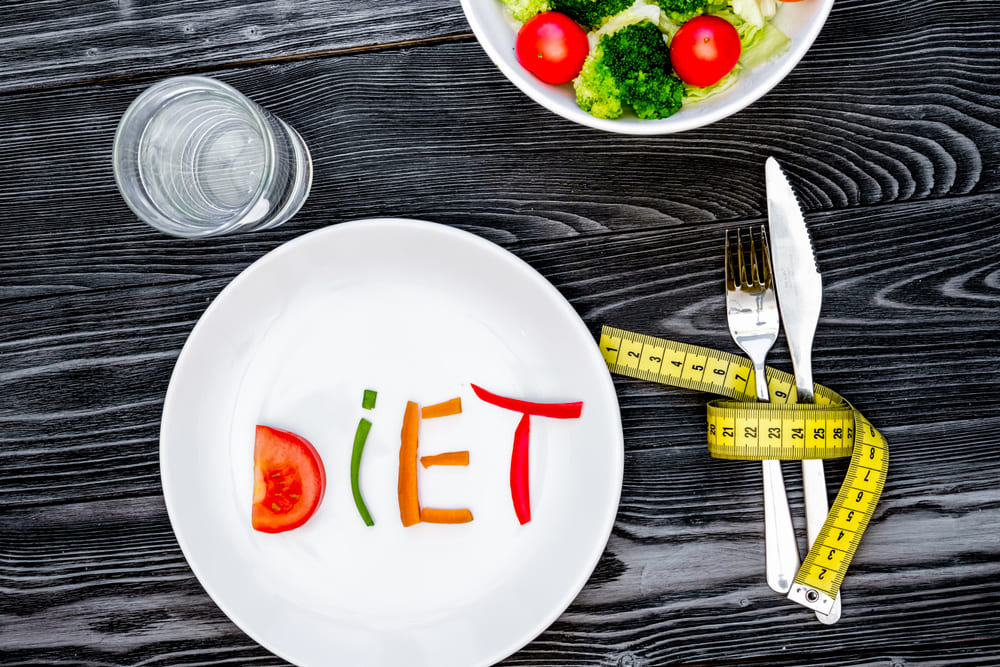
- Stay Hydrated: Drink plenty of water to help flush uric acid from your system.
- Eat a Balanced Diet: Focus on fruits, vegetables, whole grains, and lean proteins.
- Consult Your Healthcare Provider: Always discuss any dietary changes with your doctor, especially when managing a condition with medication.
By avoiding these foods and maintaining a balanced diet, you can help manage your condition more effectively and reduce the risk of side effects from colchicine. Always consult with your healthcare provider for personalized advice, as individual dietary recommendations can vary based on your overall health and specific medical conditions.
FAQs:
How to take Colchicine for acute gout?
In an acute gout attack, the maximum dosage of colchicine should be 6 mg (10 tablets). Colchicine should be used for a maximum of two hours or until the gouty pain subsides, gastrointestinal symptoms appear, or 1.2 mg of the medication is taken initially.
Can you drink alcohol while taking Colchicine?
It is generally not recommended to drink alcohol while taking colchicine. Alcohol can exacerbate the side effects of colchicine, such as gastrointestinal issues like nausea, vomiting, and diarrhea. Additionally, alcohol can increase the risk of gout attacks and may interfere with the effectiveness of the medication. It is best to consult with a healthcare provider for personalized advice and to ensure the safe and effective use of colchicine.
Can I take Colchicine and Prednisone together for gout?
When gout flare-ups involve one or two big joints or are marked by extreme pain, especially in an acute polyarticular flare-up, co-administration of NSAIDs or Prednisone with Colchicine may be warranted.
What drugs should not be taken with Colchicine?
Drugs that should not be taken with Colchicine are Azathioprine, Methotrexate, Clarithromycin or Erythromycin, Ritonavir or Atazanavir, Cyclosporine, Ketoconazole, Itraconazole or Voriconazole, Verapamil or Diltiazem, and Disulfiram, etc.
Is Colchicine over the counter?
No, Colchicine can only be obtained with a prescription from your physician. Check out LifeRx Pharmacy for the best Colchicine prices, discounts, and availability of the medicine.
Is Ice Cream bad for gout?
Ice cream and other high-fructose meals are OK as treats occasionally, but frequent use of them raises body fat percentages and causes weight gain. These meals also increase uric acid, which is detrimental to those who have gout.
Are Grapes good for gout?
Grapes can benefit individuals managing gout but only when taken in moderation, due to their low purine content and rich antioxidant profile. Low in purines, grapes help minimize the production of uric acid, which is crucial in preventing gout flare-ups. Additionally, their antioxidants, such as Resveratrol, exhibit anti-inflammatory properties that may help reduce inflammation associated with gout attacks. But it also falls under the category of foods to avoid when taking Colchicine when taken in excess.
References:
- https://www.mayoclinic.org/drugs-supplements/colchicine-oral-route/description/drg-20067653
- https://www.drugs.com/food-interactions/colchicine.html
Read Also:
- https://www.liferxpharmacy.com/blog/foods-to-prevent-dementia/
- https://www.liferxpharmacy.com/blog/foods-to-avoid-while-taking-xifaxan/
- https://www.liferxpharmacy.com/blog/what-foods-should-be-avoided-when-taking-crestor/
- https://www.liferxpharmacy.com/blog/7-best-foods-for-migraine/
- https://www.liferxpharmacy.com/blog/5-worst-foods-for-diabetics/
- https://www.liferxpharmacy.com/blog/12-best-foods-for-skin-health/
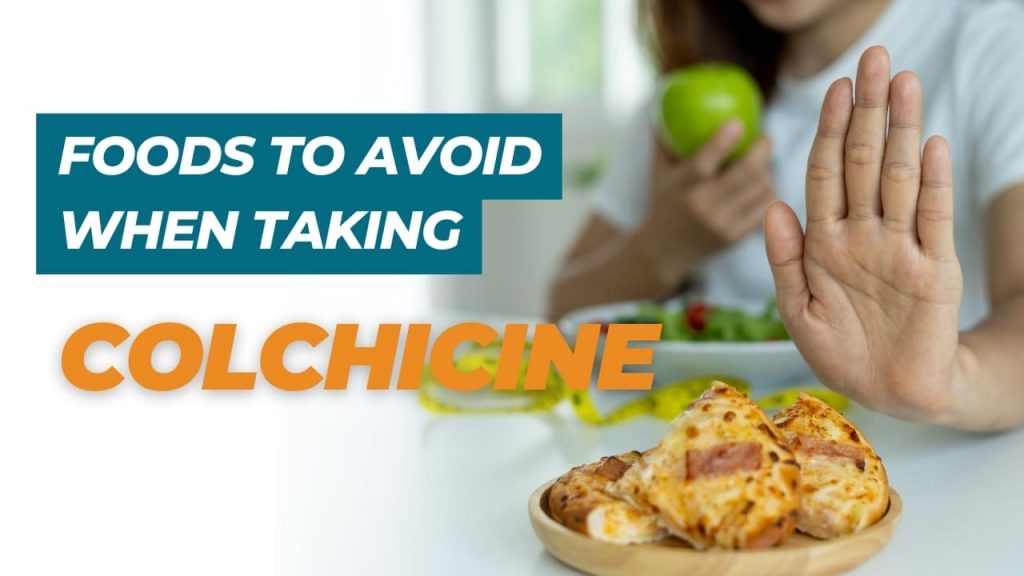

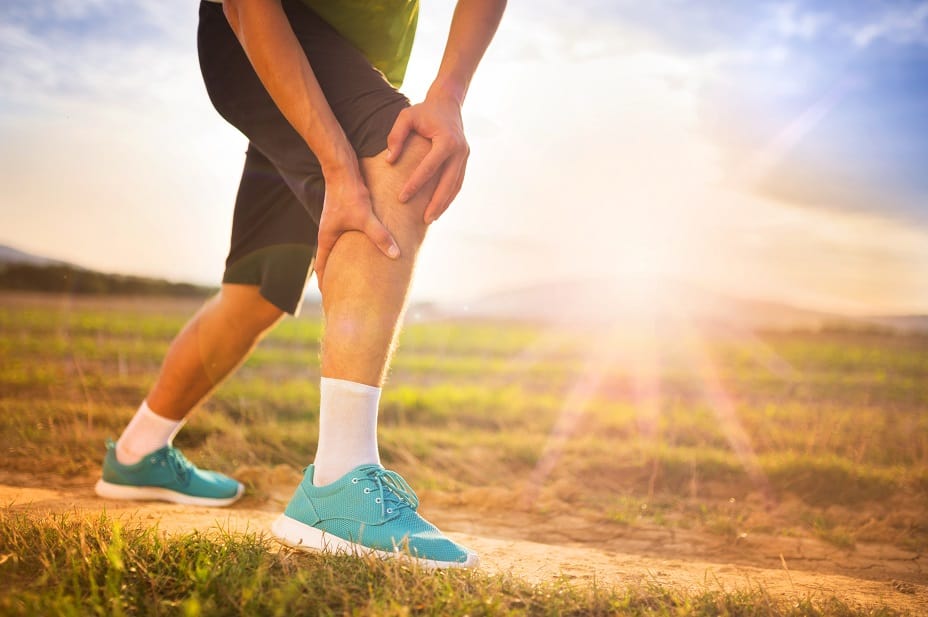
Comments are closed.